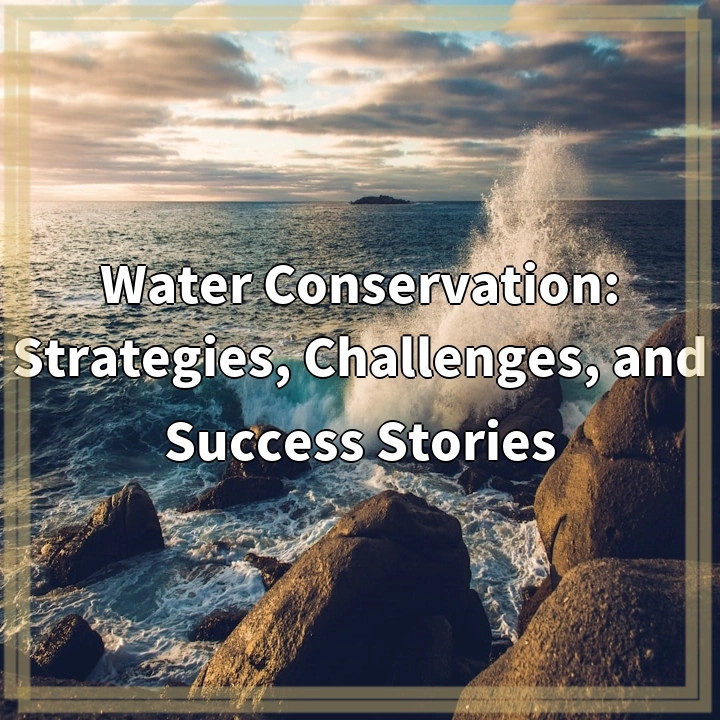
What is Exploring Ecological Field Research?
Exploring Ecological Field Research refers to the active study and investigation of ecosystems and environments in their natural settings. It involves conducting scientific research and data collection in the field, often in remote or challenging locations. Ecological field researchers aim to understand the interactions and dynamics of different species, observe natural processes, and gather valuable data for conservation efforts and environmental management.
Real-World Problems Associated with Ecological Field Research
Limited Accessibility to Remote Locations
One of the challenges of ecological field research is the limited accessibility to remote locations. Many ecosystems of interest, such as rainforests, Arctic regions, or deep-sea environments, are difficult to reach and require logistical planning and resources. This can pose challenges in terms of transportation, equipment, and personnel, making it harder to conduct comprehensive field research.
Cost and Funding Limitations
Ecological field research can require significant financial resources. Costs associated with equipment, research permits, travel, accommodation, and data analysis can quickly add up. Securing funding for long-term field research projects can be challenging, particularly when competing with other research priorities. Limited funding can hinder the ability to conduct comprehensive studies and may result in incomplete or abbreviated research.
Environmental Degradation and Loss of Natural Habitats
The very ecosystems that are the subject of ecological field research also face numerous real-world problems. Deforestation, habitat destruction, pollution, and climate change are some of the key issues that threaten natural habitats and the species they support. These challenges can impact the viability of conducting long-term field research and may result in the loss of valuable ecosystems and species before comprehensive studies can be conducted.
Data Collection and Analysis Challenges
Collecting and analyzing data in the field can present its own set of challenges. In some cases, researchers may need to develop new techniques or adapt existing methods to suit the specific ecological context. Additionally, field conditions can be unpredictable, making data collection more challenging. Researchers must carefully plan and implement data collection strategies to ensure accuracy and reliability.
Conservation and Application of Research Findings
Another real-world problem associated with ecological field research is the issue of applying research findings to conservation and environmental management practices. Translating scientific discoveries into actionable strategies for conservation and policy-making can be difficult. It requires effective communication, collaboration with stakeholders, and a proactive approach to bridging the gap between research and practical application.

Solutions for Ecological Field Research Challenges
Enhancing Accessibility to Remote Locations
Efforts can be made to improve accessibility to remote locations for ecological field research. This can include establishing better transportation infrastructure, utilizing technology for remote sensing or data collection, and collaborating with local communities to facilitate research activities.
Seeking Funding and Collaboration
Researchers should actively seek funding opportunities and collaborations with organizations, government agencies, and other researchers. By forming partnerships and leveraging resources, they can secure the necessary funding for long-term field research projects and overcome financial limitations.
Promoting Environmental Conservation and Awareness
Addressing environmental degradation and loss of natural habitats requires collective efforts. Researchers can engage in outreach activities, communicate their findings to a broad audience, and collaborate with conservation organizations to raise awareness and advocate for the protection of ecosystems that are vital for field research.
Improving Data Collection and Analysis Techniques
Ongoing advancements in technology and methodologies can aid in overcoming data collection and analysis challenges. Researchers can adopt innovative tools, such as remote sensors or high-resolution imaging, and continuously refine their techniques to ensure accurate and efficient data collection in the field.
Translating Research Findings into Action
Efforts should be made to bridge the gap between research findings and practical application. Researchers can actively engage with policymakers, conservation practitioners, and local communities to convey the importance of their research and collaborate on implementing conservation strategies based on the research findings.















